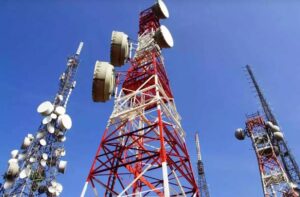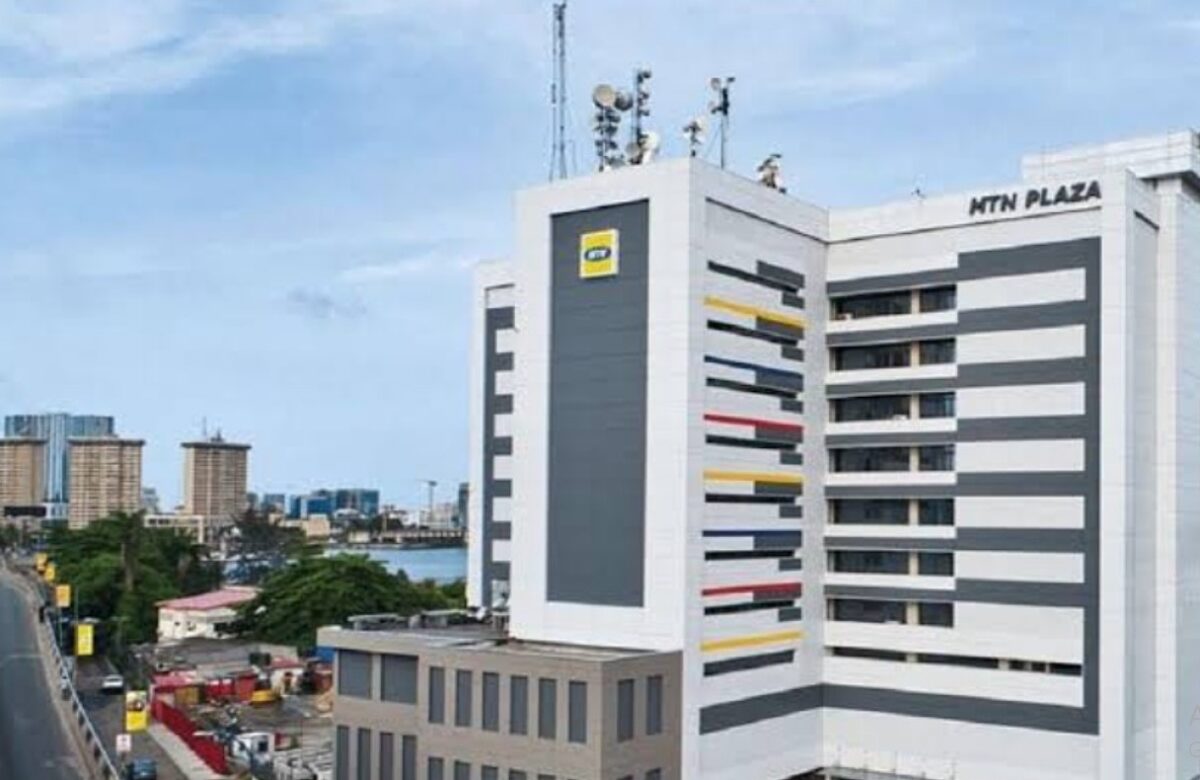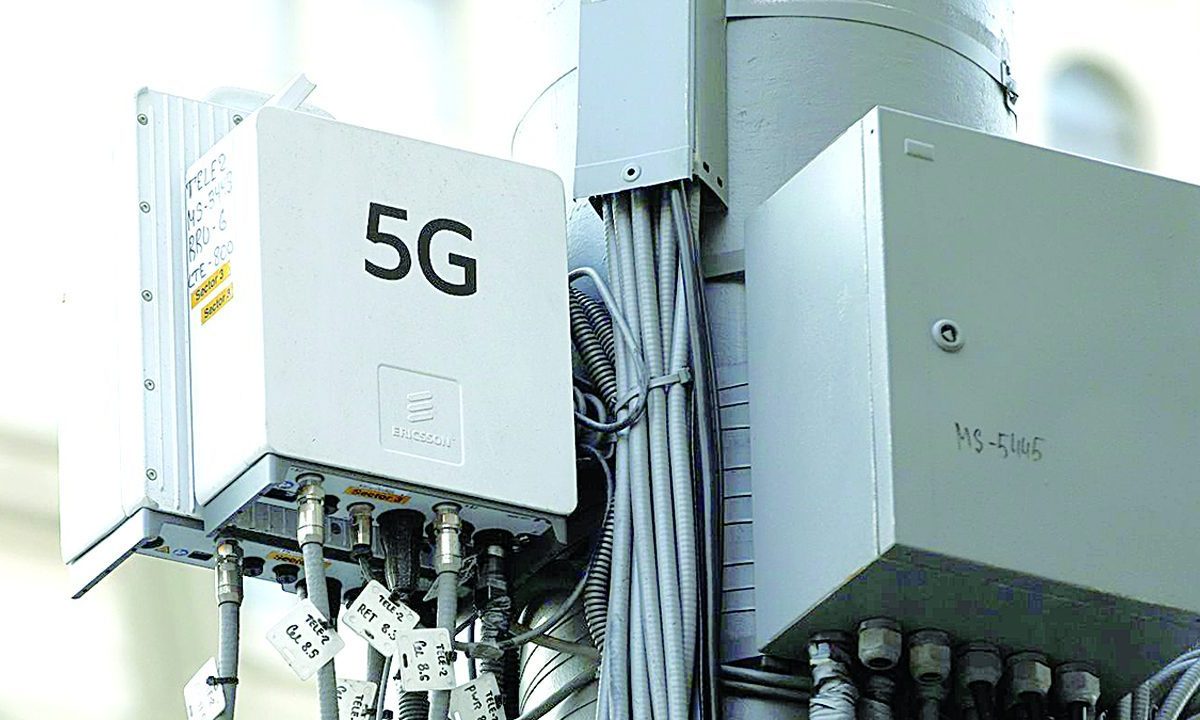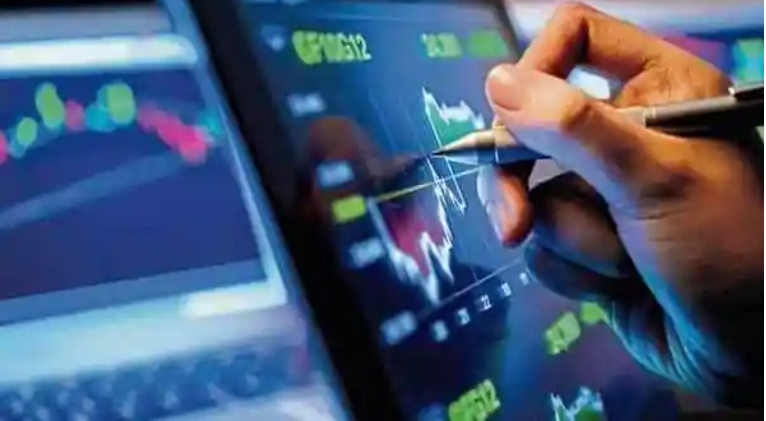Telcos renew push for first tariff hike in 11 years after rare losses
- Economy
- No Comment
- 289

Telecommunication companies in Nigeria are renewing their push for an increase in prices of calls, data, and other services after multiple failed attempts in the last 11 years.
In a communique signed by the Association of Licensed Telecom Operators of Nigeria (ALTON) and the Association of Telecommunication Companies of Nigeria (ATCON) Thursday, the telcos argued that the current prices are insufficient to maintain their business operations.
The telecom providers are advocating for cost-reflective tariffs, claiming that adverse economic headwinds are threatening their financial viability.
The operators stated that its general service pricing framework has not been reviewed upward in the last 11 years because of regulatory constraints.
“For a fully liberalised and deregulated sector, the current price control mechanism, which is not aligned with economic realities, threatens the industry’s sustainability and can erode investors’ confidence,” the telcos said.
This push for higher prices coincides with MTN Nigeria reporting a loss due to foreign exchange losses in 2023 and Airtel experiencing declining profits amid an economic downturn in the country.
In 2023, Airtel and MTN Nigeria lost N1.29 trillion to the naira devaluation. MTN posted a loss after tax of N137 billion for the 2023 financial year, even though its service revenue grew by 22.4 percent to N2.5 trillion. Airtel recorded a significant drop in revenue for the nine months ending December 31, 2023.
The telco’s revenue fell to $1.24 billion from $1.59 billion as the fall in the naira affected its conversion rates in Nigeria.
Rising inflation and currency devaluation necessitate higher tariffs, Karl Toriola, MTN Nigeria’s chief executive officer, noted in the company’s nine-month report for the period ended September 2023.
Toriola said that the combined effects of naira devaluation, higher general inflation, energy costs, and the introduction of the 2023 Finance Act VAT on tower leases resulted in higher operating expenses in 2023.
Telcos have intensified calls for a price review since 2022 when ALTON wrote to the Nigerian Communications Commission for regulatory approval to raise tariffs by 40 percent due to surging diesel prices and economic headwinds.
If this request had been approved, the floor price of calls would have jumped from N6.4 to N8.95 and the price cap of SMS from N4 to N5.61.
A BusinessDay analysis shows rising diesel prices (up 50 percent) threaten Nigeria’s telecom infrastructure.
Telcos’ spending on diesel rose to N50.28 billion (at N1,257.06 per litre) in February, a 50.20 percent increase from the N33.48 billion (at N836.91/litre) spent in the same period of 2023.
Diesel is crucial for powering telecom infrastructure, like base stations. Industry data estimates that operators use an average of 40 million litres of diesel per month to power telecom sites.
As of the end of 2022, the NCC said there were 34,862 towers and 127,294 base stations in the country. According to the commission, the telecoms industry spent N2.09 trillion on operational costs in 2022.
These firms also took their clamour for higher call and data tariffs to the House of Representatives in 2023. In 2022, some telcos increased data prices by about 10 percent. However, these prices were reversed, and sources close to the matter noted that the reversal was due to political influences.
During the inaugural meeting of the Presidential Committee on Excise Duty for the Digital Economy Sector in 2022, Isa Pantami, the former minister of Communications and Digital Economy, said he kicked against more than 15 attempts to increase the price of telecom services within three years.
Considering this, ALTON and ATCON, in their communique on Thursday, asked for the sustenance of independence in the regulatory landscape to safeguard against undue influence and unwholesome incursion into the NCC’s domain.
Raising telecoms prices will further stress Nigerians already contending with a severe cost-ol-living-crisis. Inflation hit an all-time high of 33.2 percent in March, and the naira has depreciated steeply against the dollar since the turn of the year. The currency has been devalued twice since last June, leading to an over 60 percent loss in its value against the dollar.
Gbenga Adebayo, president of ALTON, noted that while the cost of living has worsened, the price of connectivity must increase in a measured way for people to enjoy its benefits.
“We need to find a long-term, sustainable, and manageable solution to this problem. Prices will need to rise, but action needs to be taken in a measured way, through sustainable conversations and partnership with the government. It is time to address this head-on,” he said.
The possibility of a tariff increase depends on the NCC, which is reportedly conducting a cost-based study to determine if it would approve price increments for telcos.
By Temitayo Jaiyeola
https://businessday.ng/news/article/telcos-renew-push-for-first-tariff-hike-in-11-years-after-rare-losses/





